Washington DC, at a Metro Station, on a cold January morning in 2007, this man with a violin played six Bach pieces for about 45 minutes. People rushed past on their way to work. After about 3 minutes, a middle-aged man noticed that there was a musician playing. He slowed his pace and stopped for a few seconds, and then he hurried on to meet his schedule.
The violinist received his first dollar. A woman threw money in the hat and, without stopping, continued to walk.
A young man leaned against the wall to listen to him, then looked at his watch and started to walk again.
A 3-year old boy stopped, but his mother tugged him along hurriedly. This action was repeated by several other children, but every parent - without exception - forced their children to move on quickly.
He finished playing. He had collected $32.17 contributed by 27 of 1097 travellers. He collected $32.17 contributed by 27 of 1097 travellers. Just seven stopped to listen and only one recognized him.
The violinist was Joshua Bell, one of the greatest musicians in the world.
He had just played one of the most intricate pieces ever written, with a handcrafted 1713 Stradivarius violin worth $3.5 million dollars. Two days before, he had sold-out a theater in Boston where the seats averaged $100 each to sit and listen to him play exactly the same music.
This scenario was organized by the Washington Post as part of a social experiment about perception, taste and people’s priorities.
The UK Sunday Times ran a similar experiment.
In 1971 VS Naipaul won the Booker Prize for for ‘In a Free State’, his novel about displaced colonials on different continents. Dennis Potter, the TV dramatist of it at the time, wrote: “Do not miss the exhilaration of catching one of our most accomplished writers reaching towards the full stretch of his talent.”
The Sunday Times sent out the opening chapter of In a Free State to 20 London literary agents. Only the names of the author and main characters were changed.
Typical was the polite rejection from PFD, a major London literary agency, wrote: “Having considered your material, we do not feel, we are sorry to say, sufficiently enthusiastic or confident about it.”
How do we perceive quality? Would any of us recognize talent in an unexpected context? Do we find something worthwhile because it is good - or because others say it is?
I’d be interested in your thoughts on it.
Incidentally The Washington Post won a Pulitzer prize in the feature writing category for Gene Weingarten’s April 2007 story about this experiment.
I wonder if he’d win it if it was published in the Bayou Bugle?
Like this:
Like Loading...
Colin Falconer is the bestselling author of thirty novels, translated into over twenty languages worldwide.



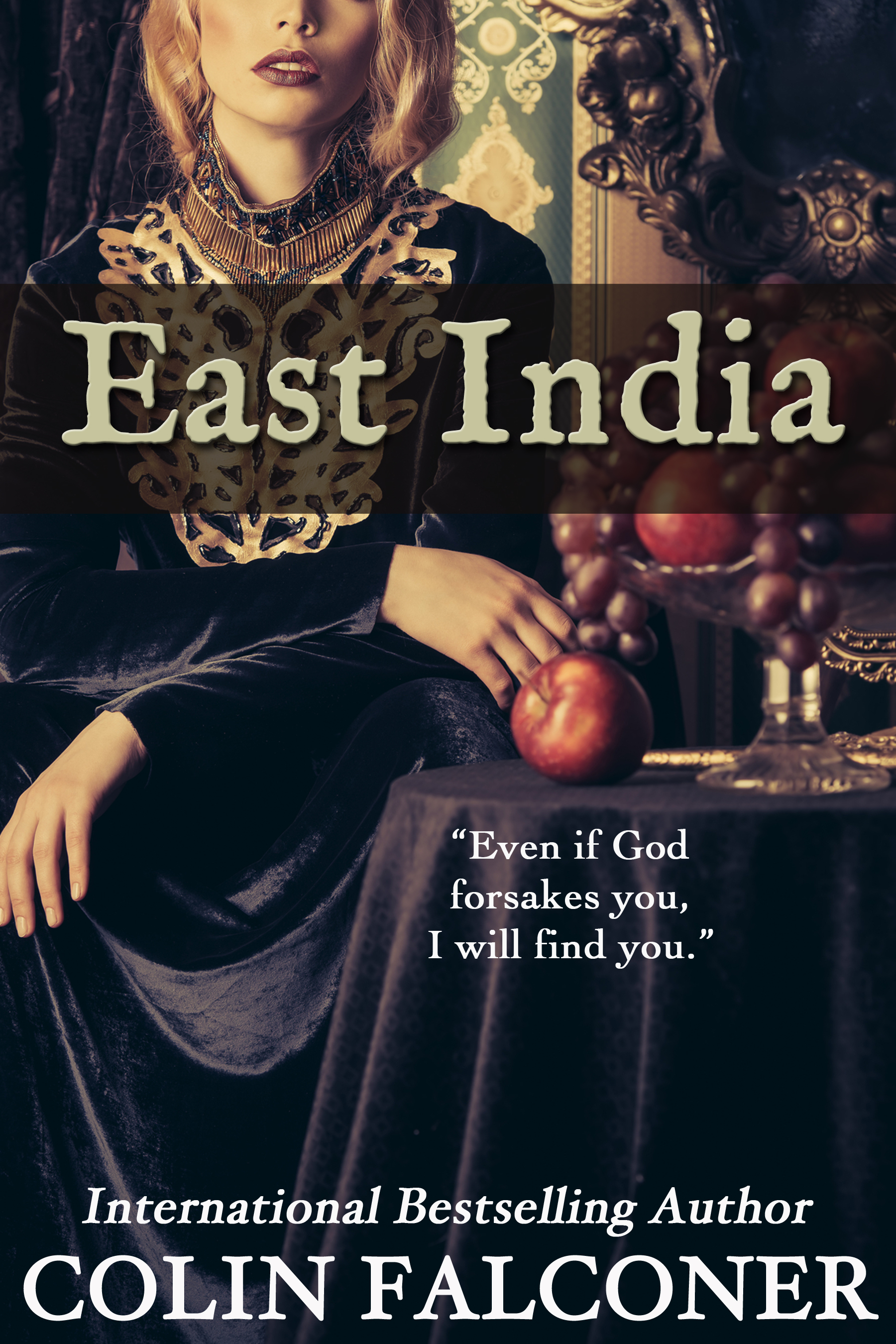
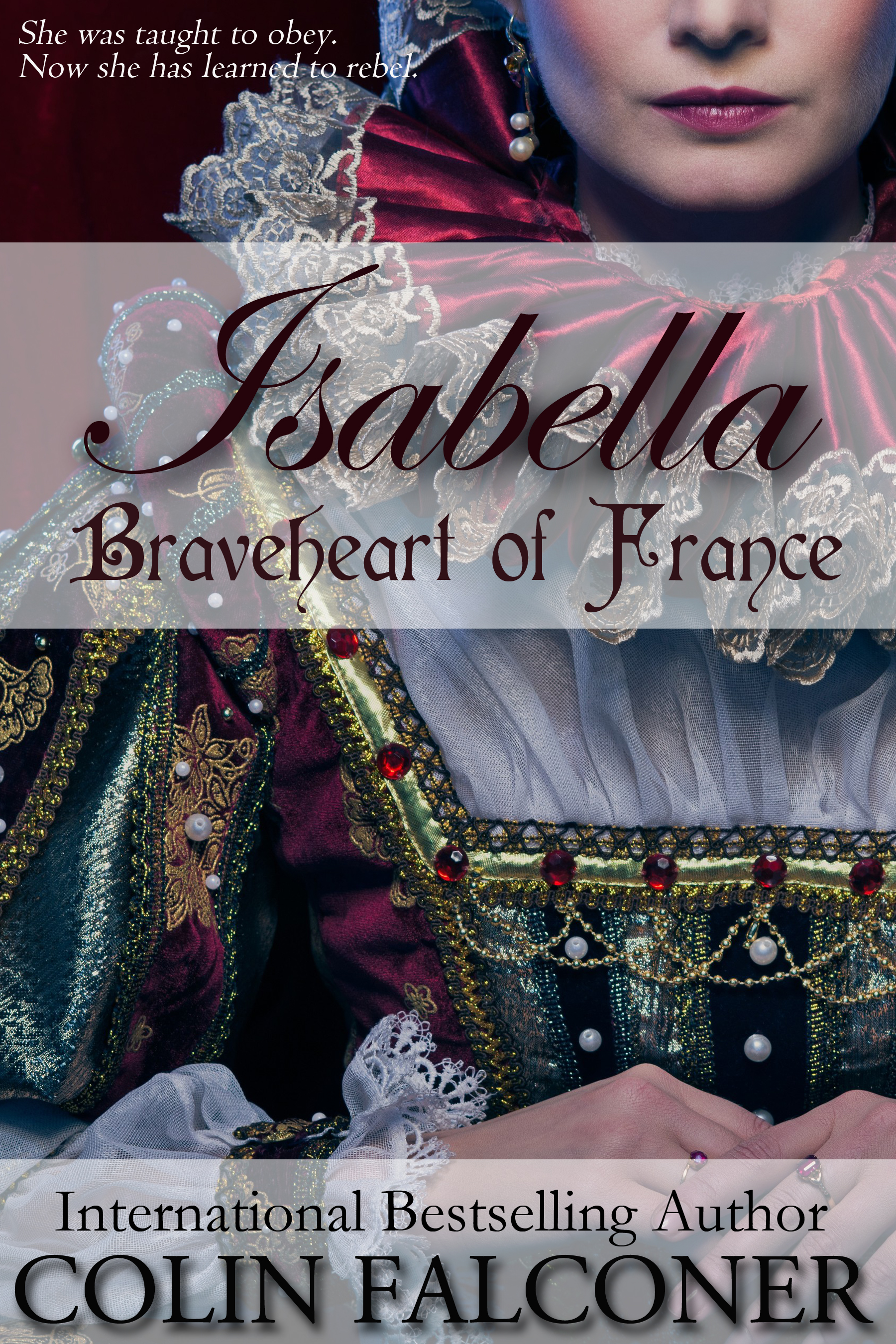

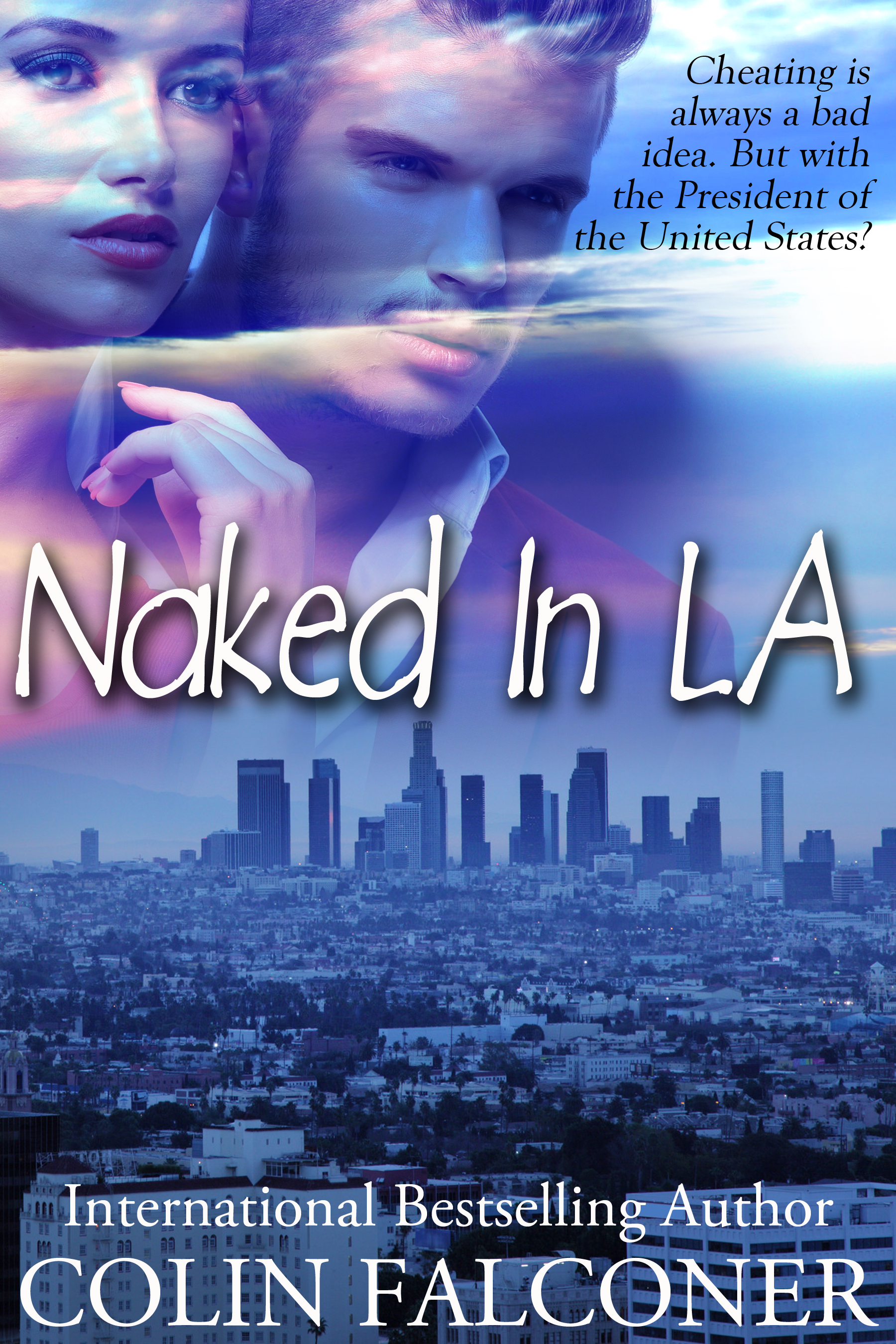
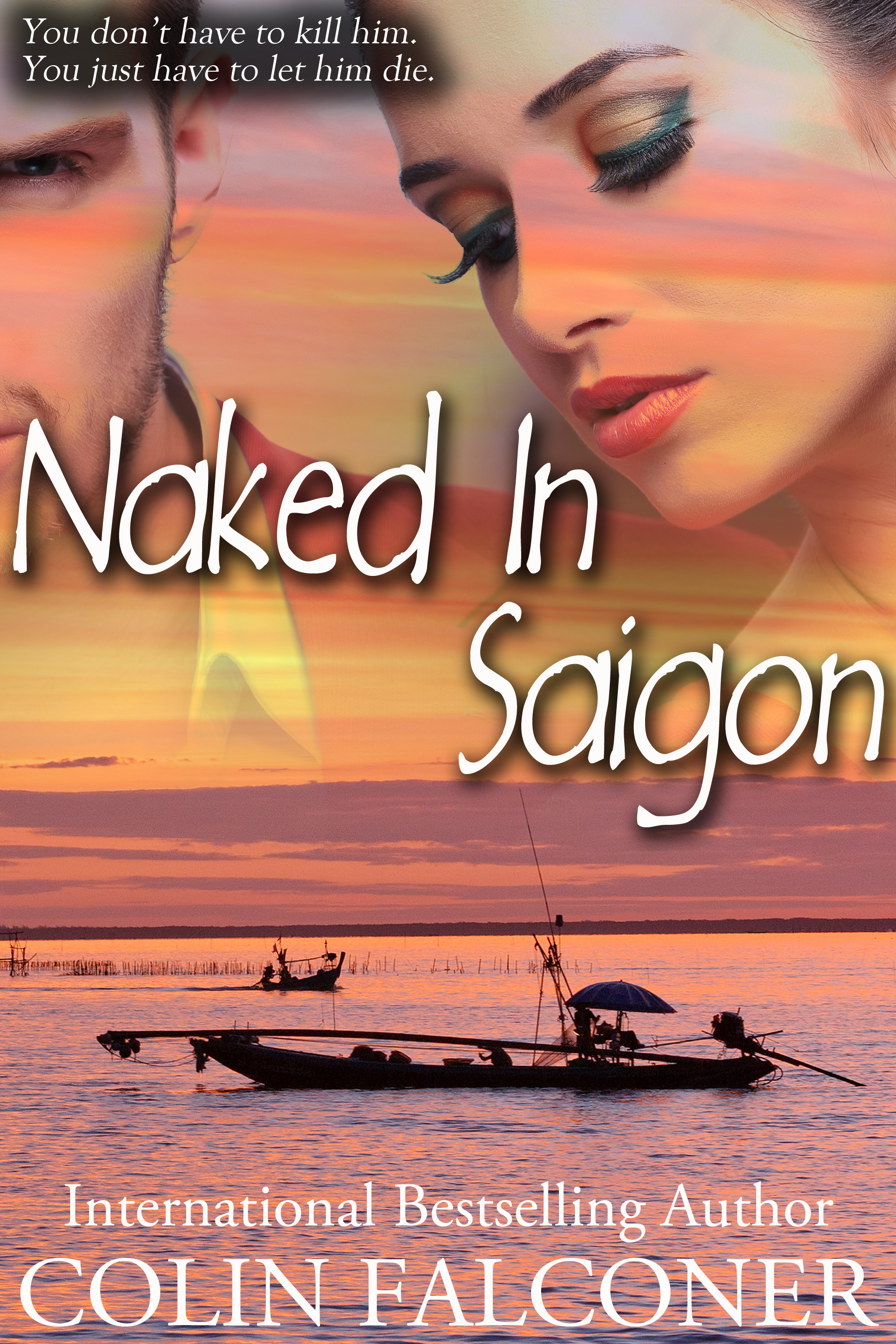
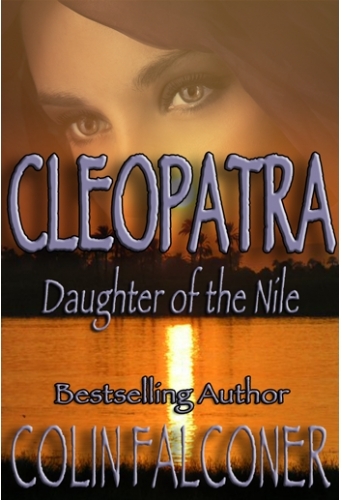
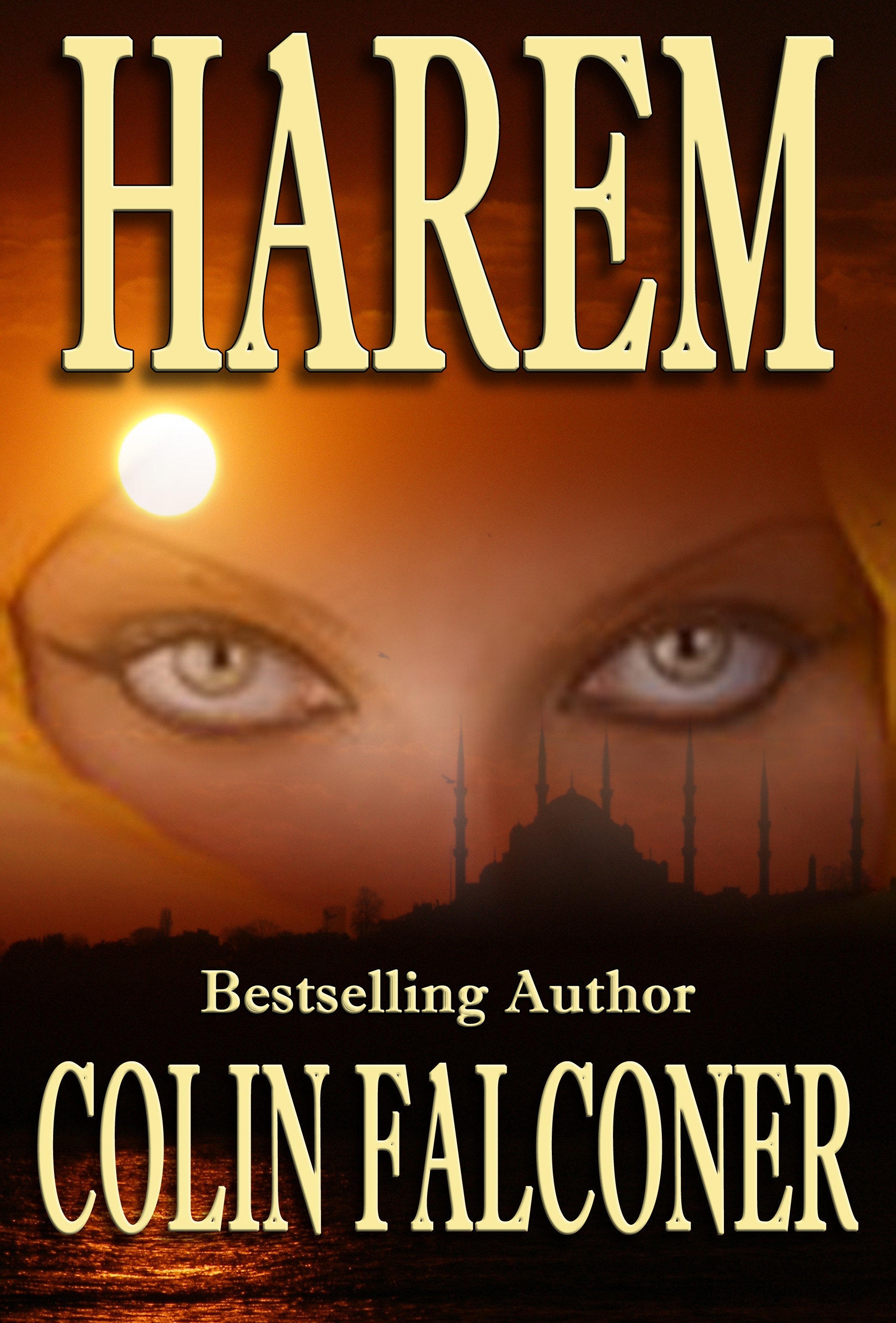


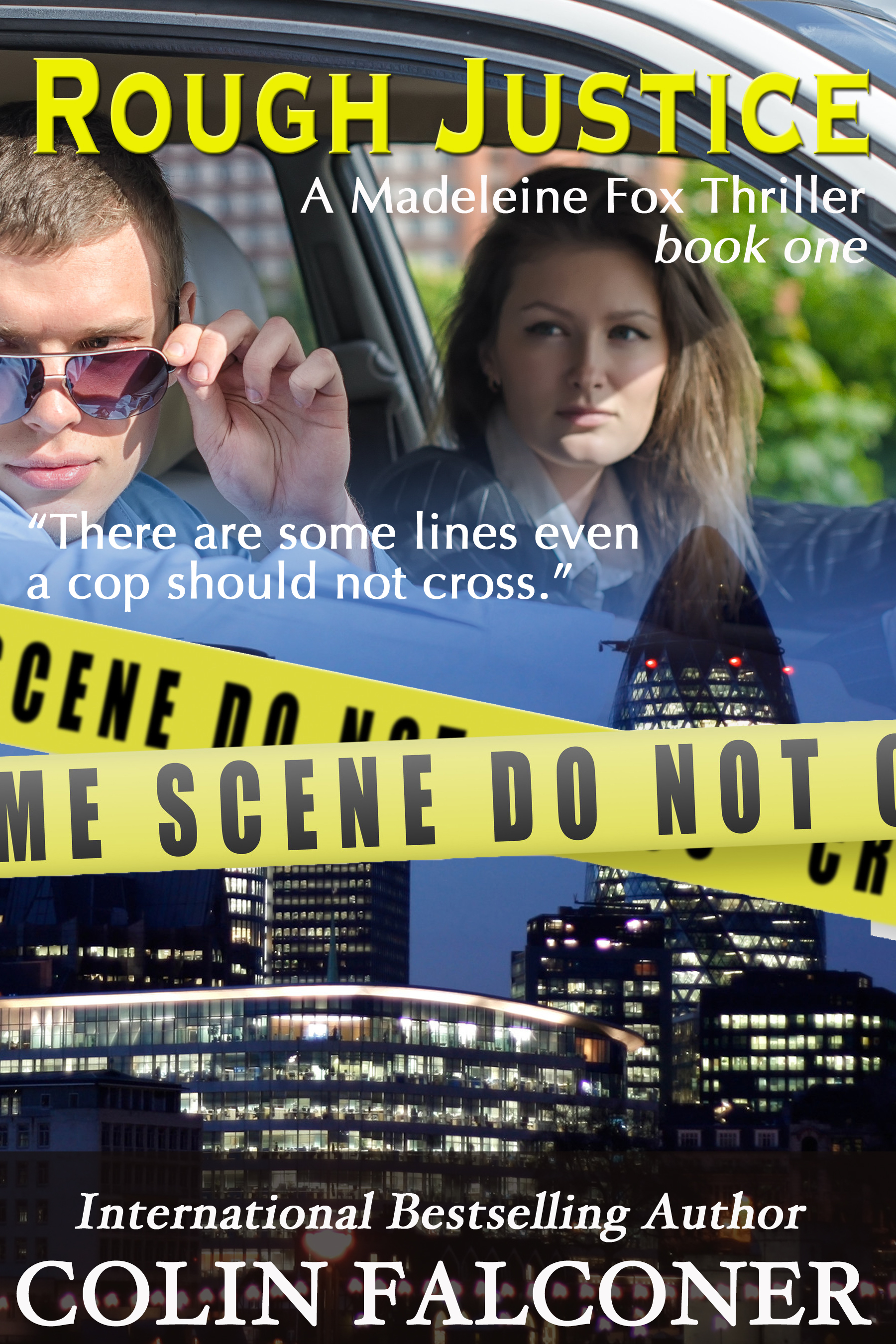
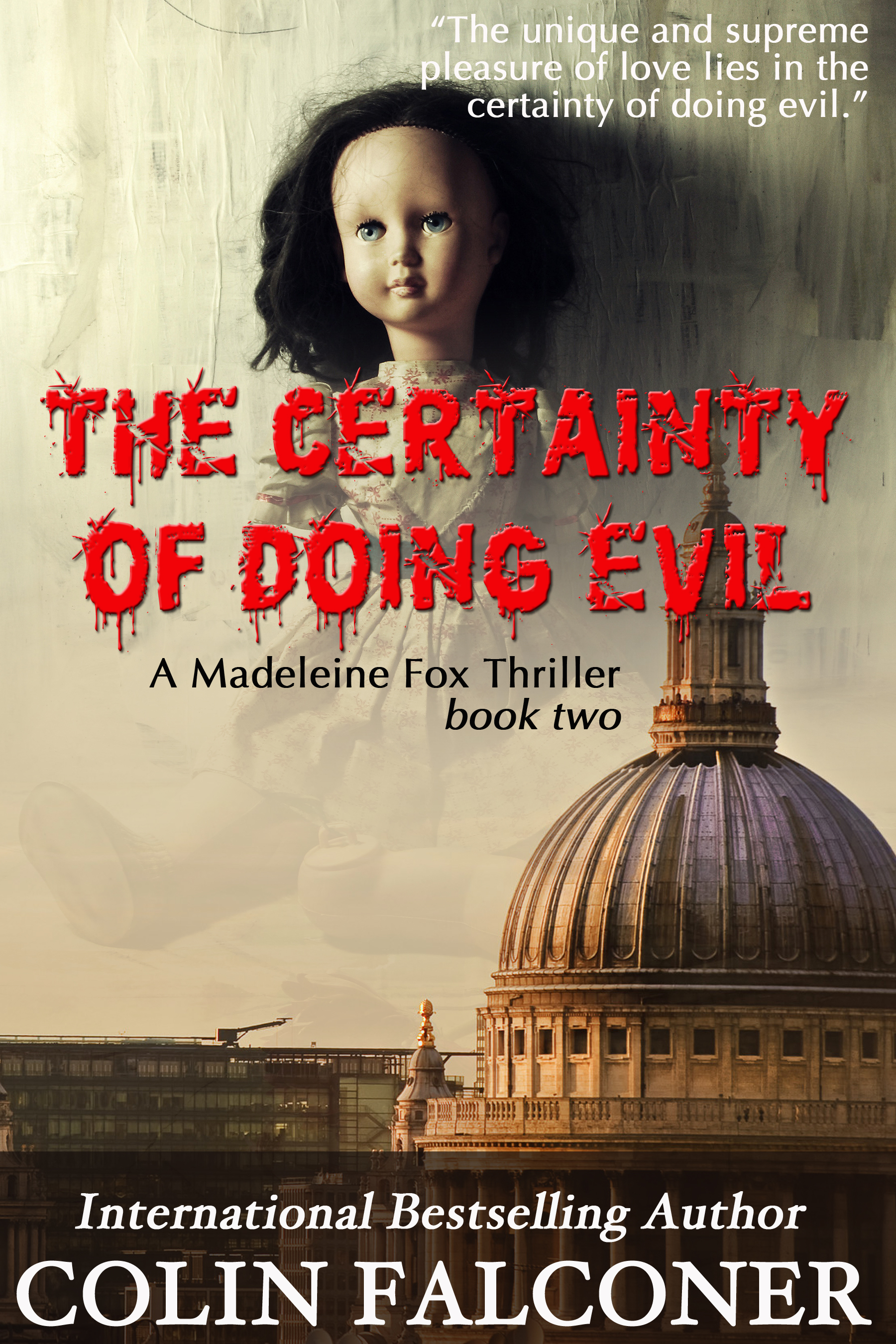
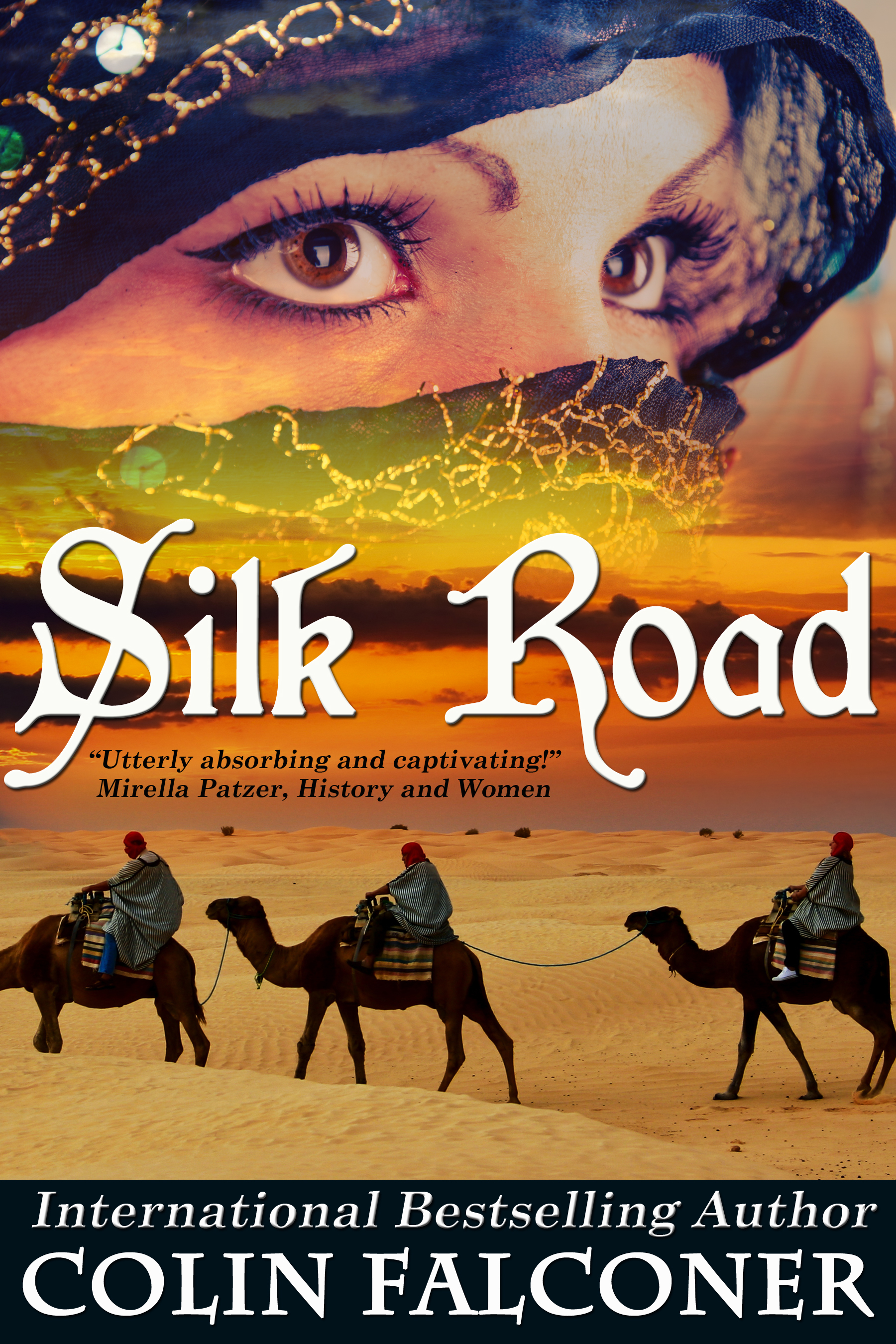






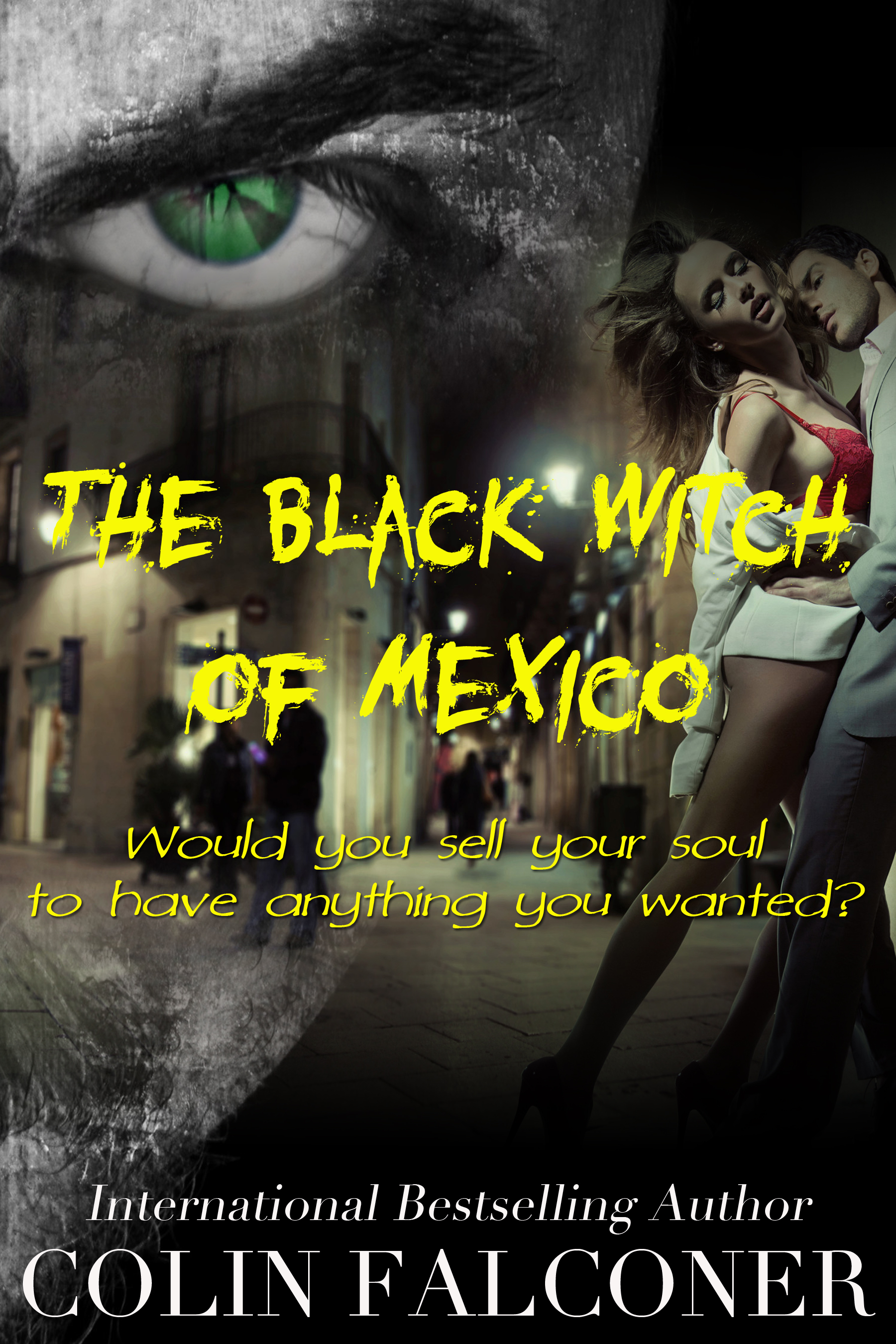


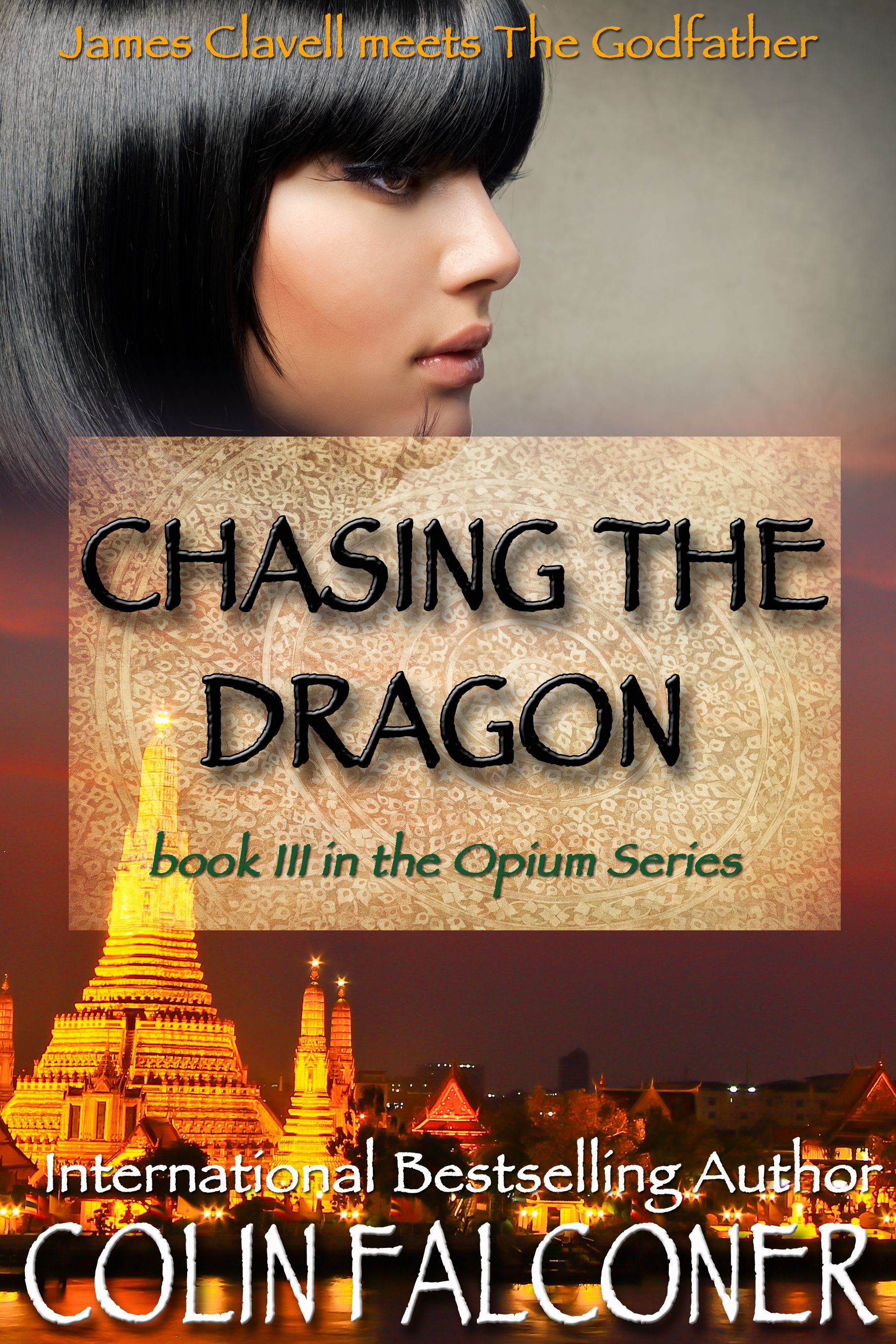
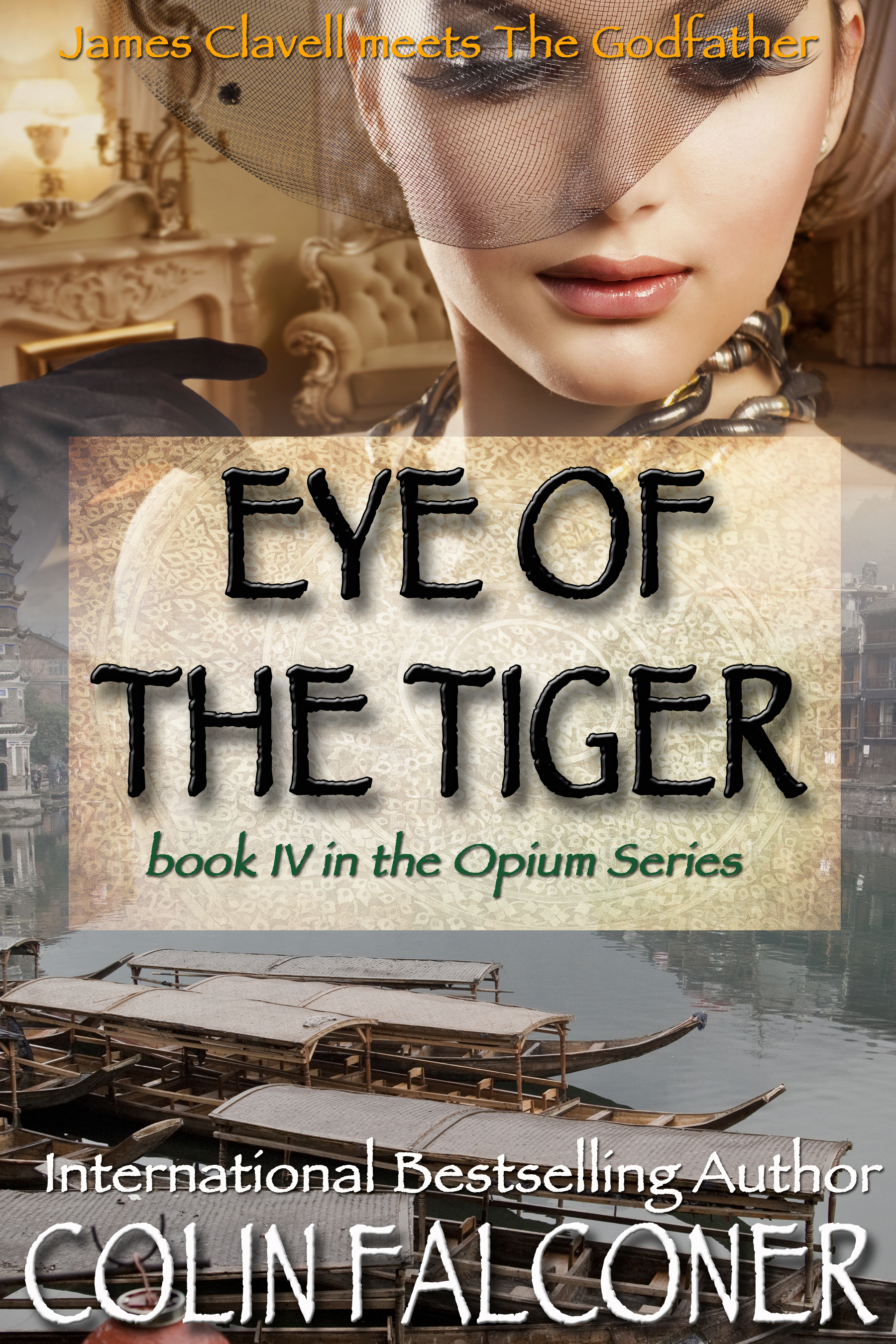
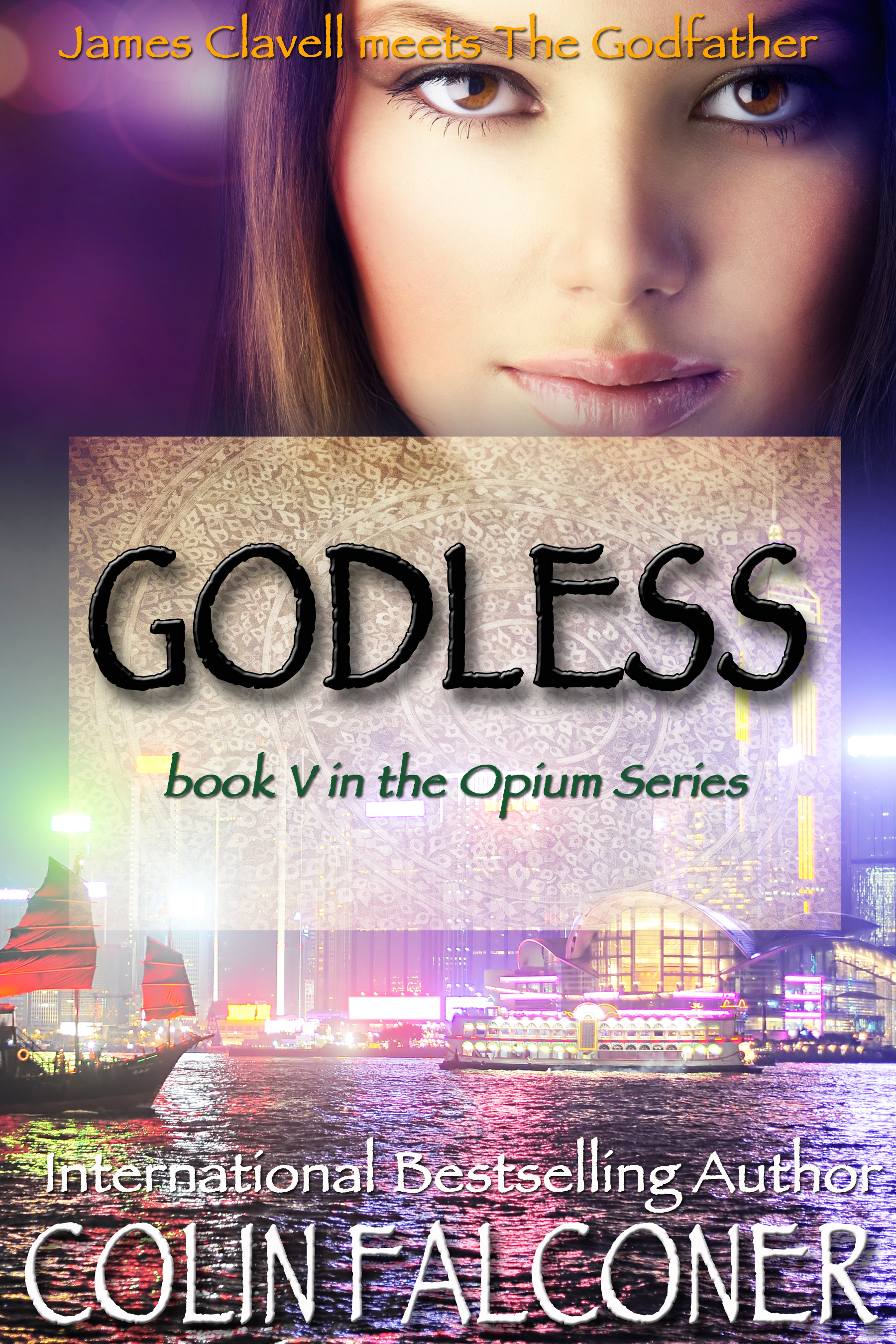
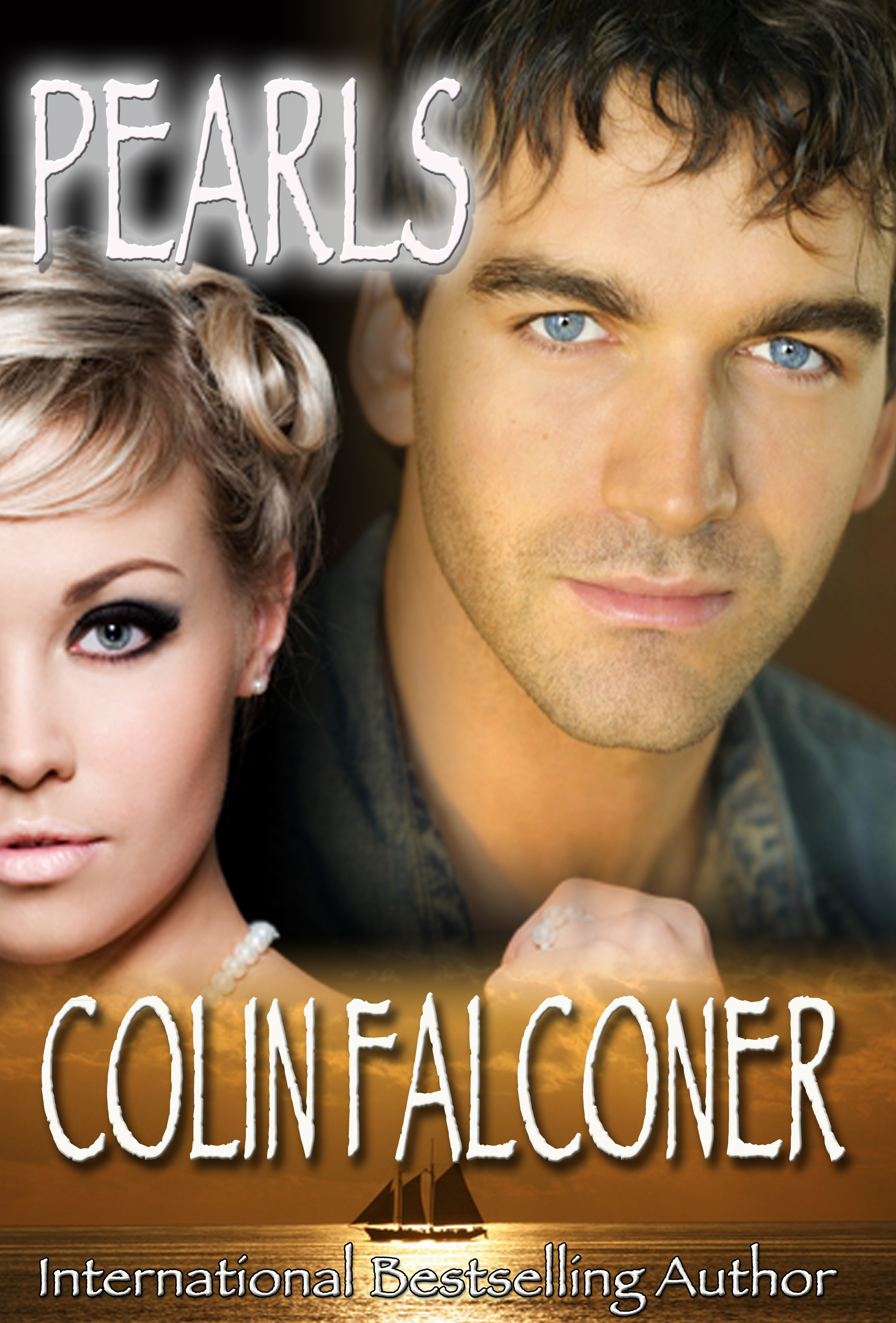

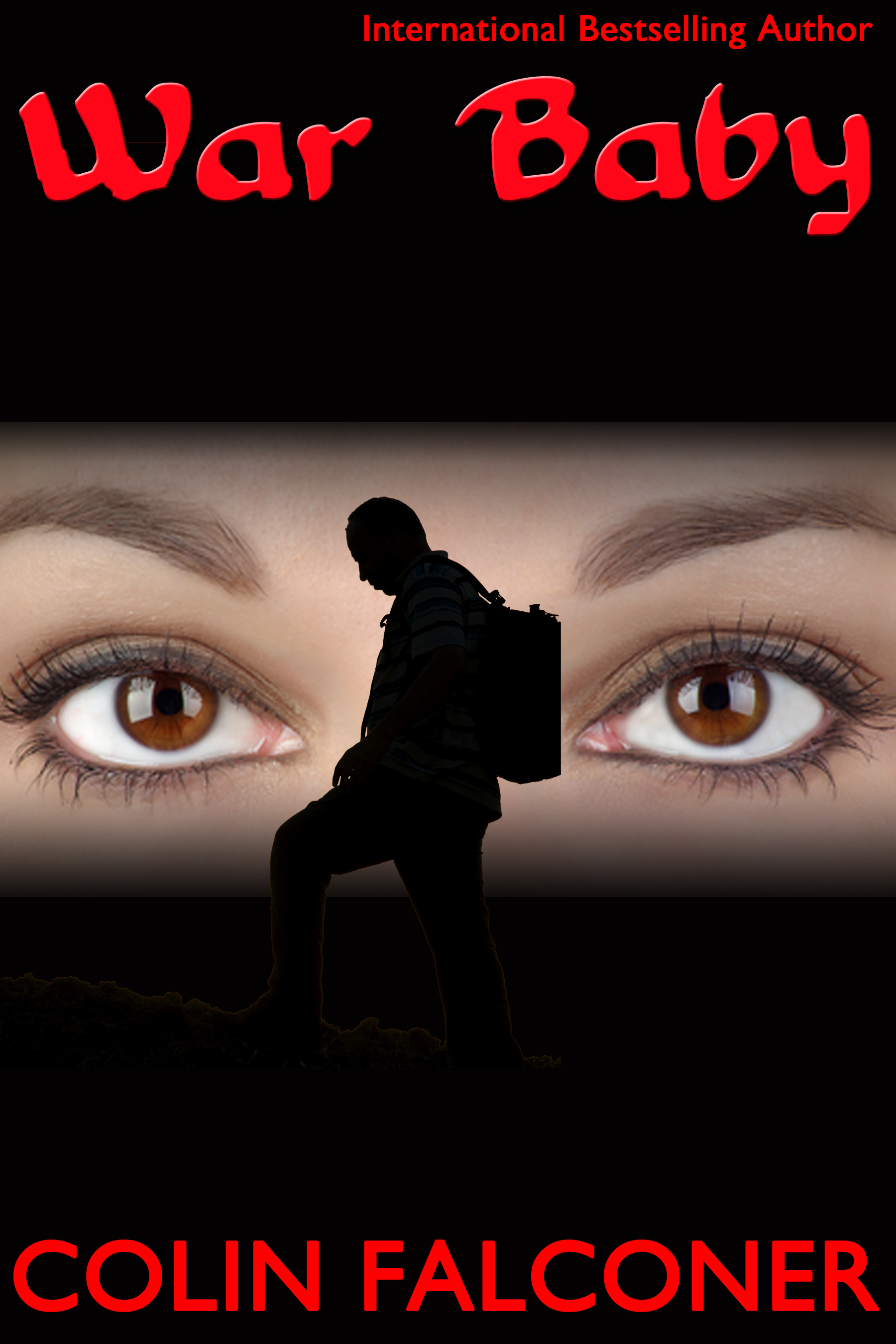
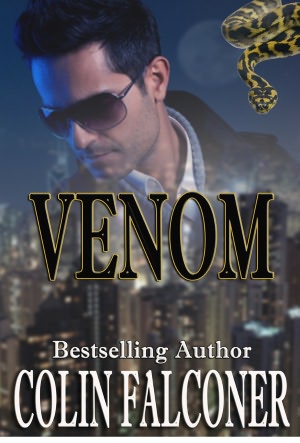
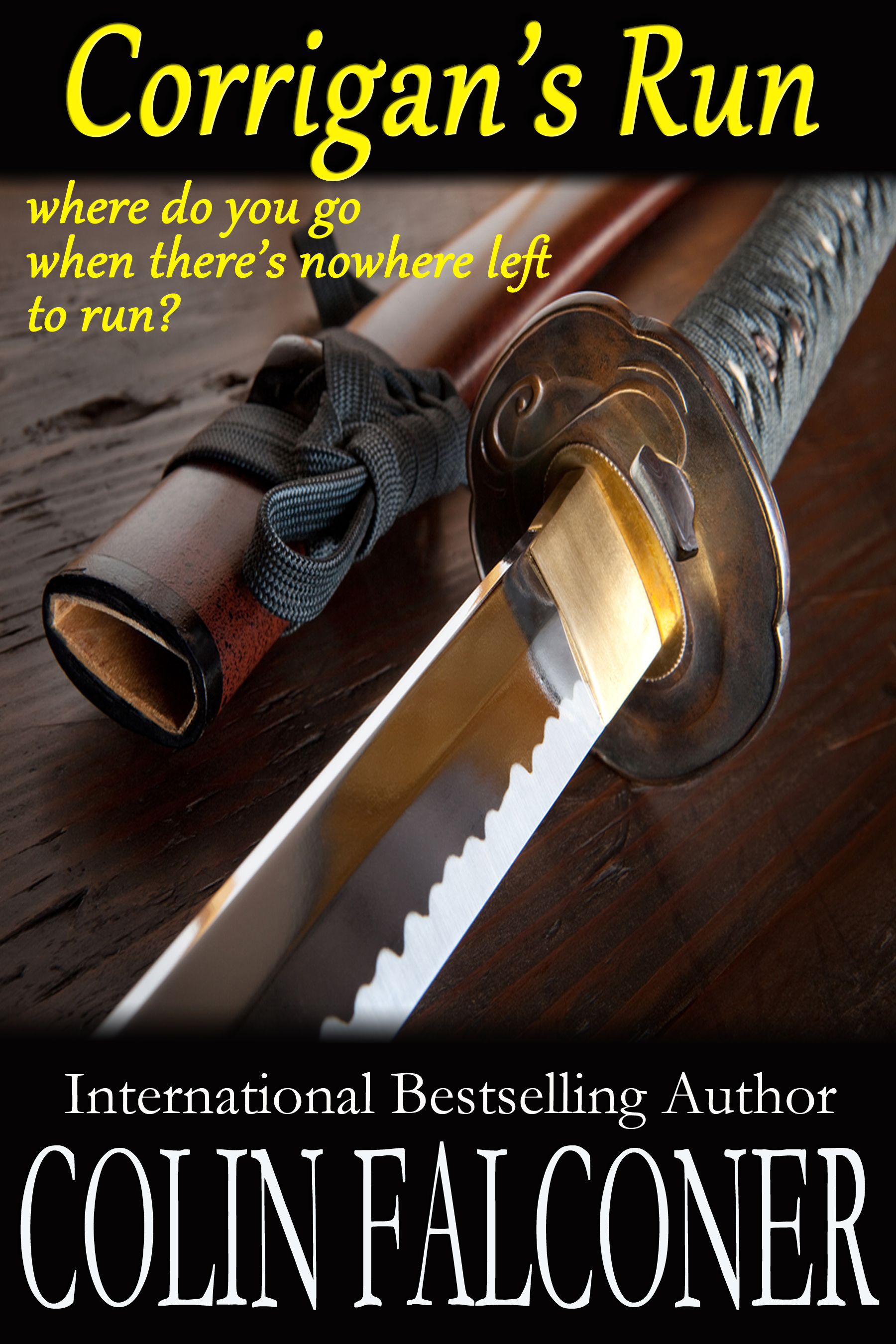
I remember seeing the video clip about the violinist. Isn't that something? And then the award-winning author's name being changed and how he was rejected, yep, I believe it. I think it happens all the time to many gifted writers who haven't been "discovered" yet. It's interesting because I read an email maybe ten months ago about a lecture where the speaker's topic was about "Random" success and how all it takes is a small group of people to start a buzz about some unknown talent, and others believe they're right and so become fans, too, and spread the word. It was so interesting how the guy said that in an alternate universe, Madonna would be another unknown talent, and that luck plays a large part in who becomes famous and others who are just as gifted, remain unknown. There were some studies that he cited, but I don't remember the specifics.
Very interesting. I am perplexed by the fact that an agent will not read a manuscript if the first paragraphs talk about the weather. No matter that discussing the weather can be a huge help in setting the mood for the beginning of the book as in- "It was a dark and stormy night"- it's been overdone. In my mind, it is overdone because it is so valuable. My first sentences: "Chilly winds filled a once-shining black carriage. Over many miles and due to the dry conditions of the week, it had acquired a uniform coating of dust." The next sentence is another no-no. It tells that the heroine pushed cold warming stones away from her feet as she is returning from London to northern England. You are not supposed to mention where she has been or where she is going. It's overdone. In my opinion, those two sentences establish the mood and teach something important about the character. Is that not useful? But it's a no-no. Other books talk about the setting, so mine should not? I think they all should, or at least where the author finds it beneficial to do so. But the book is automatically devalued from the start and probably won't get a minute more of the agent's time. Sour grapes? It is true that I did not get a university degree in creative writing. I was busy with other things, other education. But, my readers like my book. This same book has a 4.58 rating in 31 on GR. What it really boils down to, I believe, is that they can only publish so many books, and so they have to leave some in the slush pile. It doesn't necessarily mean that the books are bad, and I think that rejection letters should reflect that truth. If the book was never read, it should say so.
Timing plays a huge role in so many stories of success. Bill Gates ended up being succesful with computers becuase he was in the right place at the right time when computer programming was just gearing up. He was lucky enough to have access to early computers to play with programming and still young enough to have the freedom to do so. Outliers is full of stories like this. It has one story of one not so successful man, who has a very high IQ, but came from a poor background. It's all a matter of circumstance, just by quirk of fate, we are all living where we are, in the time period we are in. Stuff like this messes up my brain.
Colin,You surprise me once again; that's the main reason I re-visit your blog. I enjoy surprises.I just now grabbed my copy of In A Free State from the shelf. When I first read it, in 1984, the paperback version cost me $4.95. The register receipt is still slipped between the book's browning pages.I noticed first that the novel begins with a prologue, a no-no by today's standards here in the states.Quality. You asked about that. When I feel kind, I think that like beauty, quality is in the mind of the beholder.Most days though, I don't feel so kind about today's readers. I'm an opinionated, snobbish curmudgeon who believes that the term "quality" equates with the term "work" for most readers. And most readers do NOT want to work when they read. Shame on them for their intellectual laziness. They deserve all the bad television programs they demand, side-by-side with chemically preserved microwavable popcorn.The master violinist on a street corner, had he been instead another cherry lollipop refrain magician, he would have earned more cash. People love repetition, because repetition is easy.This set of questions, and the sad answers I discover, is the reason I dislike critique groups. For the most part, the best intentioned critique group member is full of advice on how to make your work sound more like hers and everyone else's (again, repetition).And you, sir? I'm reading your book, Harem; and I'm wondering why you earlier kicked up such a fuss about so-called literary fiction as compared with genre fiction.You are a writer of literary fiction, whether you like it or not. Why? Yes, your book entertains me, but as well the story requires me to WORK, to THINK, even at times to use a dictionary (Woe is I!).
Wow, love your post today!I'm with Anthony. I think "what's good" is subjective. Although you can tell whether the author has put the work into his piece or not.I admit disappointment as publishers suck me in by the cover post only to find the content is garbage. I applaud the e-book industry for helping good writing, good authors who would not otherwise receive the opportunity to share their work with us.It only proves that beauty is in the eyes and ears of the beholder.
That is fascinating! I do think crowd mentality comes into play when people evaluate quality.
Pingback: 6 KEYS TO BECOMING A GREAT WRITER | LOOKING FOR MR GOODSTORY